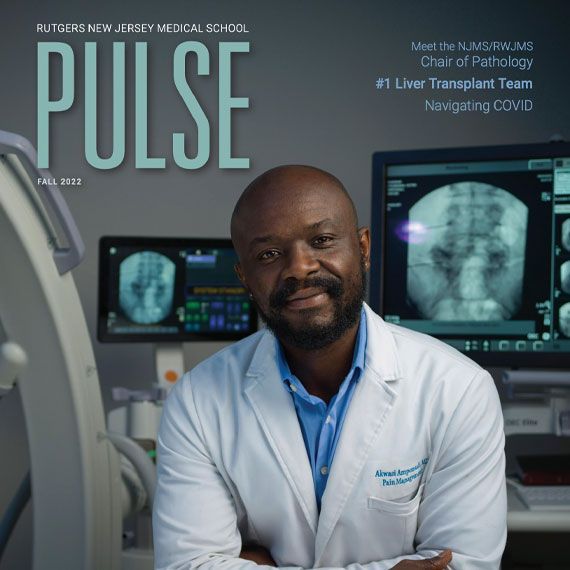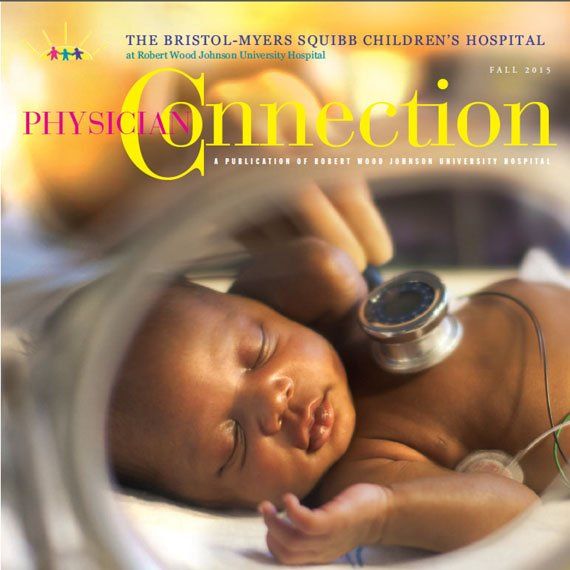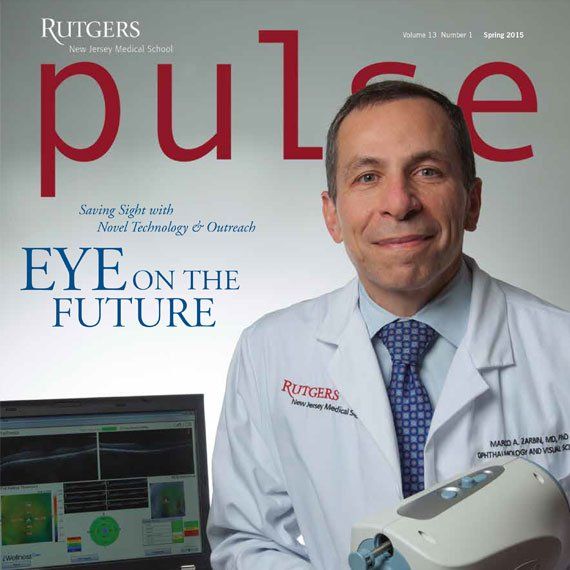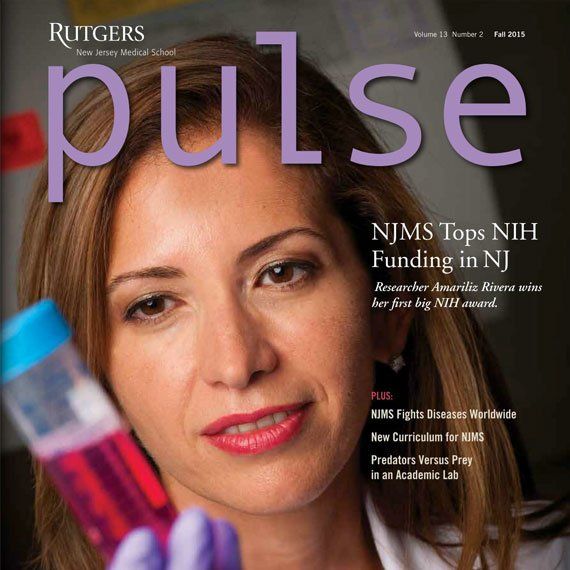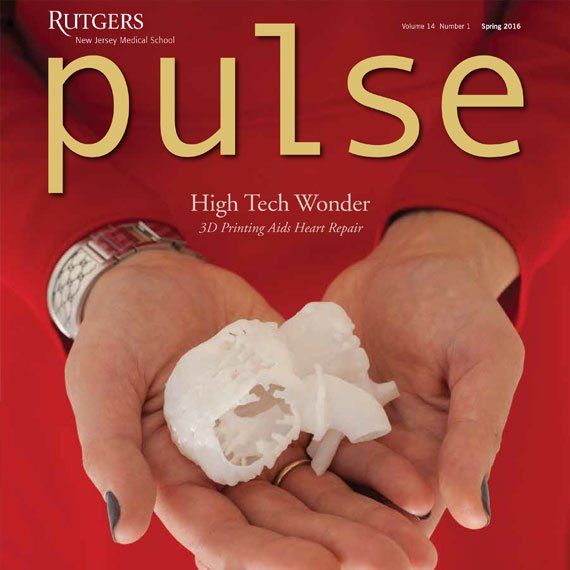
BDNF: The Secret to Stress?
Maggie works in a high stress New York City hospital environment with very sick patients. She balances 12-hour night shifts with a 10-month-old baby girl, a house and a husband, who is also enduring long days at work and hands-on fatherhood. Yes, their life can be stressful. So I am always interested when I see studies exploring the biochemistry of stress .

Chris, Maggie and Evangeline at the christening in August!
Researchers at the University of Texas Southwestern Medical Center, Harvard and Cornell published their research in the online journal Cell in 2007 identifying a protein in the brain, BDNF, which makes mice more or less vulnerable in stressful situations. With too much BDNF, the mouse had excessive rates of impulse firing. Mice with less BDNF could stay calm in tough times. The cooler-headed mice maintained normal rates of brain activity because of “a protective mechanism – a boost in the channels that allows the mineral potassium to flow into the cells, dampening their firing rates.” By blocking the excessive BDNF in the over-stressed mice, the scientists could also make them more resistant to stress. Interestingly, they found that some mice were simply born with less BDNF. Going a step further, the team looked at the brains of deceased people who had been depressed in life and saw signs of higher-than-average BDNF.
Thomas Insel, MD, Director of the National Institutes of Mental Health, found the research really heartening and so do I. “We now know that the mammalian brain can launch molecular machinery that promotes resilience to stress. This is an excellent indicator that there are similar mechanisms in the human brain.” Alas, yes it is all in your head when you are feeling out of control or crazy with stress…but having a biochemical explanation should make you feel vindicated the next time someone downplays your reactions or tries to talk you out of your emotions with lines like, “Just don’t worry about it.” With too much naturally-occurring BDNF, you can’t simply stop worrying.










